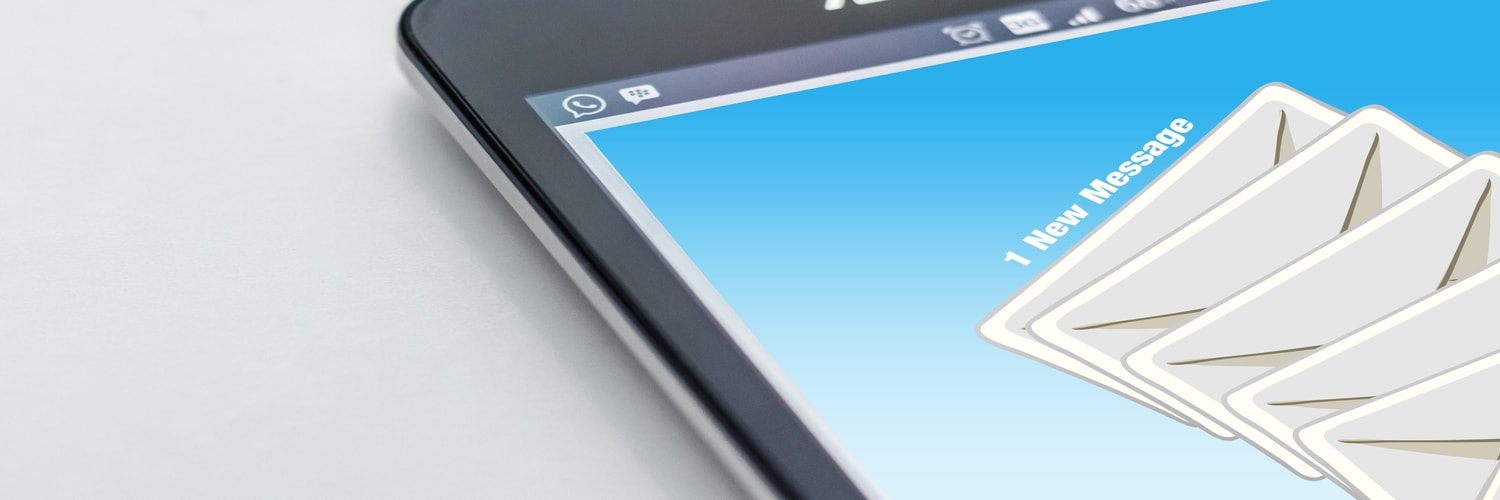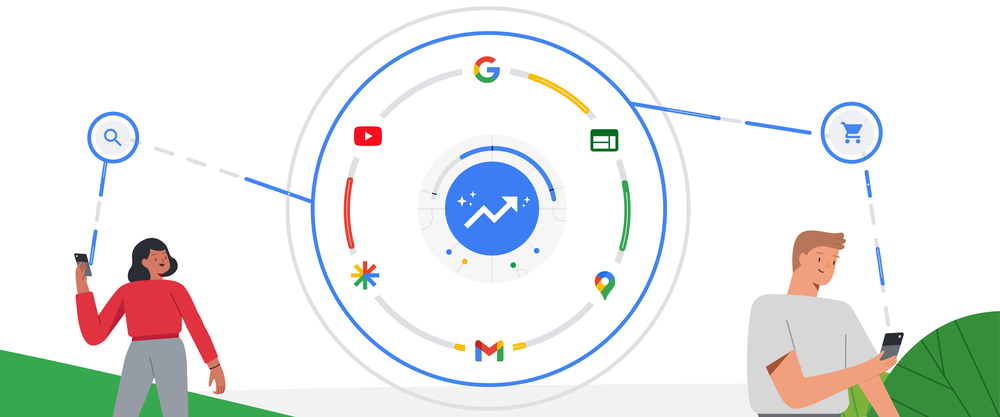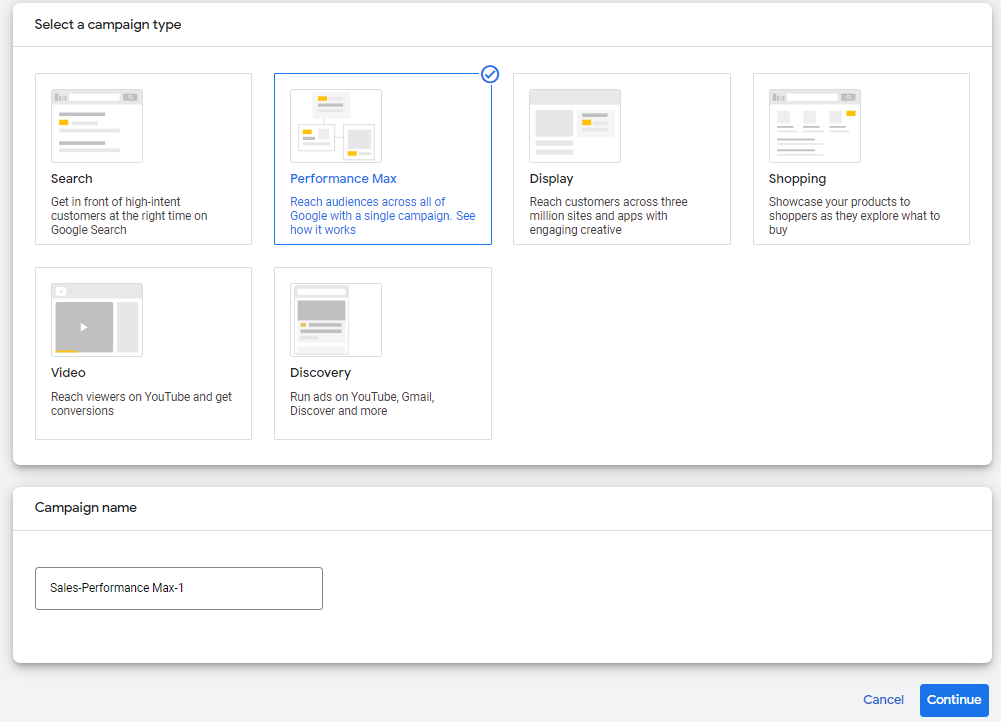Email marketing hasn’t died. They keep telling us that it will disappear, but so far, email persists. It is still a valuable part of the marketer’s toolkit, and proper use of this powerful (but much maligned) tool is important to your digital marketing strategy.
First, we will lay some ground rules concerning email marketing, and then we’ll discuss effective uses of this old, but dependable marketing companion.
The rules of email marketing:
- You are invading a real person’s inbox. Do not be a jerk. Get permission from users before you send them email, or they will consider it spam. Clearly state what they will be receiving and how often they will receive it, so they know what to expect.
- Allow users to walk away. All email needs to have an unsubscribe option. Full stop. You simply cannot send emails without allowing users to opt-out of receiving them.
- The goal is to capture engaged subscribers, not grow a database of zombies. Consider activating a double opt-in, which is a system in which users must confirm they want to subscribe by clicking on a link after they have given you their email address. Also it is a good idea to include instructions in every mail on how a user can “whitelist” your company email address by adding it to their address book.
- More mail is not necessarily good mail. Once you have told a user what you will send him, keep your promise. If you have promised to send a healthy recipe once a week, then do it. Do not over send or over promote. This will send subscribers scrambling for the “unsubscribe” button and create a negative image for your brand.If your database is segmented by past product purchases or by demographic factors, consider sending personalised (but not creepy!) messages to your subscribers. Remember to communicate valuable and useful information, don’t just contact them when you want to move more product.
- The devil is in the details. If your users are active on mobile, be extra sure your emails are mobile-ready. The same goes for content and subject lines. If you see that subject lines of a certain length or type function better, than create more of those.
Now that the etiquette of email marketing is out of the way, let’s discuss uses that can help build your business.
- Use email to communicate effectively when users have performed a desired action. Something marketers forget is that after a user has bought a product or participated in some way, there is a wonderful opportunity to thank them AND solidify the relationship. For example, after a purchase is made, a business can send an email that says, “Your swimsuit will arrive in 5-7 days! If you are as excited about summer as we are, check out our guide to the best beaches in Spain. Woooooo!”. The company is using content they have already developed and tying it into a purchase-related email they must send in any case. At the same time they are building the relationship with the buyer.
- Use email to celebrate your users. Perhaps you know the birthdates of some of your customers. Or maybe someone has been a recurring customer for the past 3 years. These are things to be celebrated! With a marketing automation solution, you can easily create personalised (again, don’t be creepy) messages to show your customers you are thinking of them and celebrate them with a discount, gift or other special offer.
- Use email to clean up your database. Some businesses take the bold move of actively telling subscribers who have not opened mail in a long time that they are going to remove them from the mailing list. At first glance this may seem like a strange tactic, but it is a wonderful way to give an inactive user a chance to re-engage through a button that says “Wait, I want to stay!” and has the added benefit of getting inactive users out of the database.
- Email from a friend is the same as word-of-mouth. If you think your content marketing plan is great and your emails are very engaging (you will know this if they have high open and click rates), you can give users a link not only to share on social media but to forward to a friend. People who receive a message from a friend or family member are more likely to consider it and open than if it came from a business directly.
- Ask questions, you may get the answers your business needs. If you have loyal subscribers, you may want to consider sending them a short mail politely asking for their feedback on what type of content or products they’d like to see you develop or other questions that will help you to serve them better.
Remember, your email marketing should make people look favourable upon your business. Do your best to inspire, excite and inform, not annoy!
More posts about: Generate more leads







